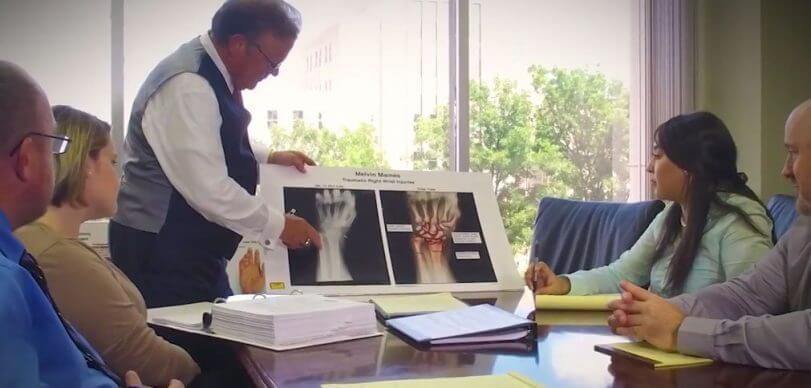Parents work hard to protect their children, but not all accidents are preventable. Child injuries can occur in auto accidents, on someone’s property, or from the products bought…



Parents work hard to protect their children, but not all accidents are preventable. Child injuries can occur in auto accidents, on someone’s property, or from the products bought…

A personal injury lawsuit is a legal action injured Texans are allowed to take against individuals or businesses that have caused harmed through negligence. Recovering from an injury…

Medical bills and pain and suffering damages differ because both fall under different forms of damage. In Texas, damages are split into two categories: economic and non-economic damages….

When you are hurt because another individual or a business entity was careless, malicious, or simply didn’t do their duty to keep others safe, you deserve compensation for…

Based on Texas law, the vast majority of personal injury cases are required to enter into a mediation before proceeding to trial. Since this is a necessary step…